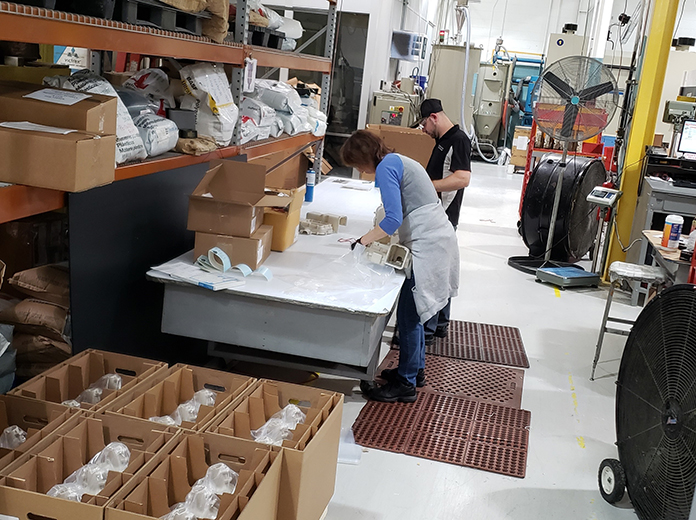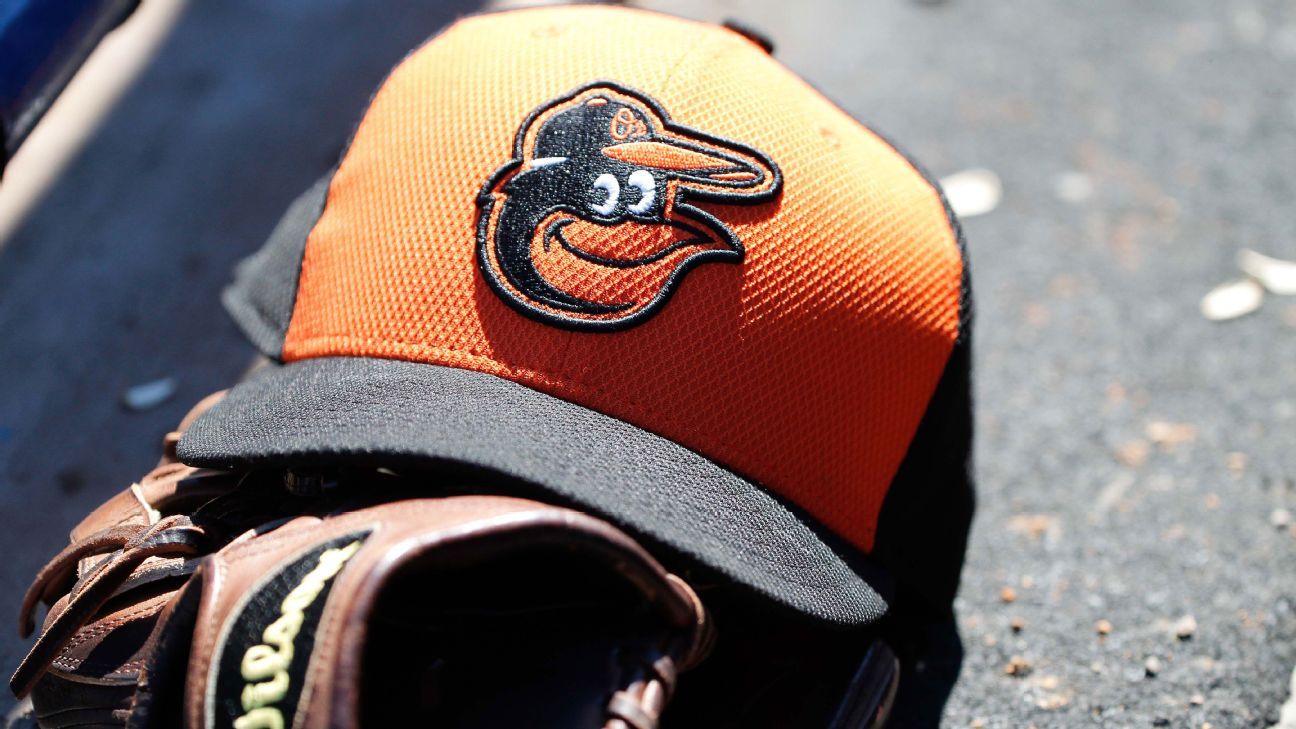
ROCHESTER HILLS, Mich. – COVID-19 has put most Trans-Am Series presented by Pirelli drivers, teams, fans and the industry on hold from the pursuit of competition.
However, Trans-Am sponsor 3-Dimensional Services Group is flatout, defining and coordinating its response to the U.S. government’s call for assistance to manufacture medical supplies for COVID-19 patients.
Located near Detroit in Rochester Hills, Mich., Urgent Plastic Services, a branch of 3-Dimensional Services Group, put its typical prototype and component assembly on hold to produce protective respirator housings for mobile respirator machines.
The respirator housings made by Urgent Plastic Services will be sent to another company to assemble the new battery-operated respirator design that will be issued to urgent care and hospitals nationwide to aid in the treatment of coronavirus patients.
The effort is led by Trans-Am driver and team principal Doug Peterson, owner of 3-Dimensional Services.
“I feel pretty special for Urgent Plastic Services to be chosen by our customer for this project,” said Peterson. “Our employees are sacrificing time and Easter with their families to make a difference in the coronavirus fight.”
The Urgent Plastic Services employees are working ferocious hours to meet the first 100,000-piece order, manufacturing the housings in record time.
“Literally everyone is on the shop floor working, from sales people to managers,” explained Peterson. “We started the project last week. We’ve split up crew into two 12-hour shifts, working around the clock to meet the national demand for the respirator machines. The initial order was for 100,000 covers. That type of project would typically take us five weeks to manufacture, but we are doing it in eight days. It’s a monumental effort and I am very proud of our people for stepping up to make this happen.”
Recently, Ugent Plastic Services was sought out to add an additional COVID-19 project to its workload. Starting this week, the Michigan-based plastics company will manufacture 50,000 tool-injected molded headbands per week. The plastic bands are made to fastin to protective shields that will be worn by first responders and medical staff nationwide.
“This project is similar to racing,” Peterson continued. “We want to do it quickly and safely, and everyone wants to win. This is what we do, this is who we are.”















 Phone: (800) 737. 6040
Phone: (800) 737. 6040 Fax: (800) 825 5558
Fax: (800) 825 5558 Website:
Website:  Email:
Email: 






